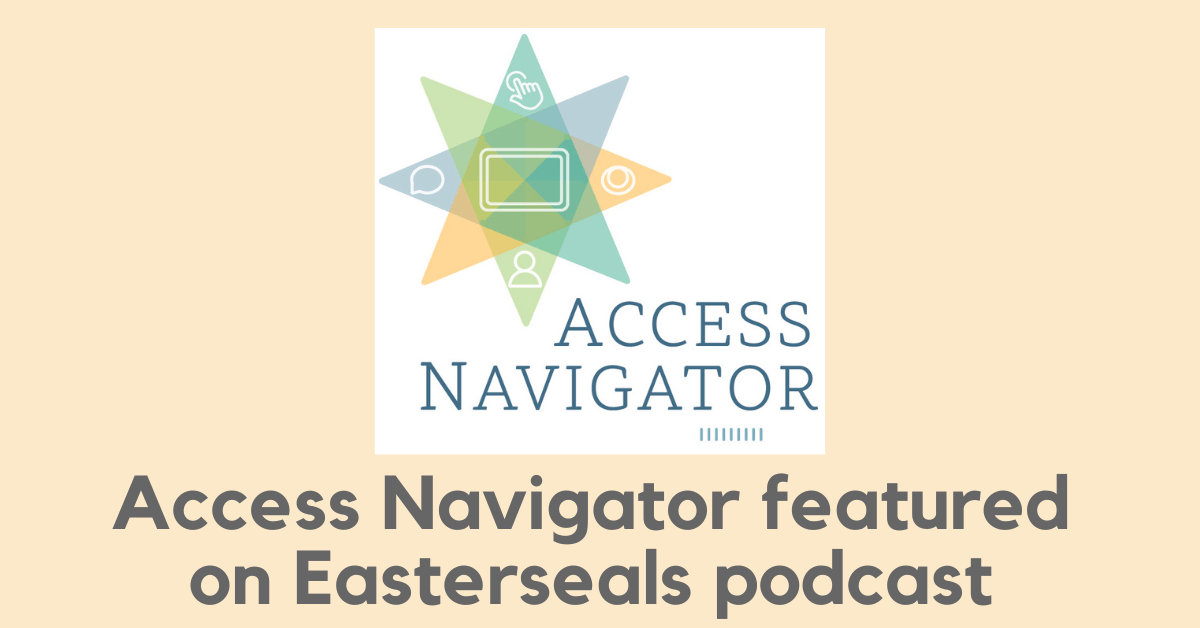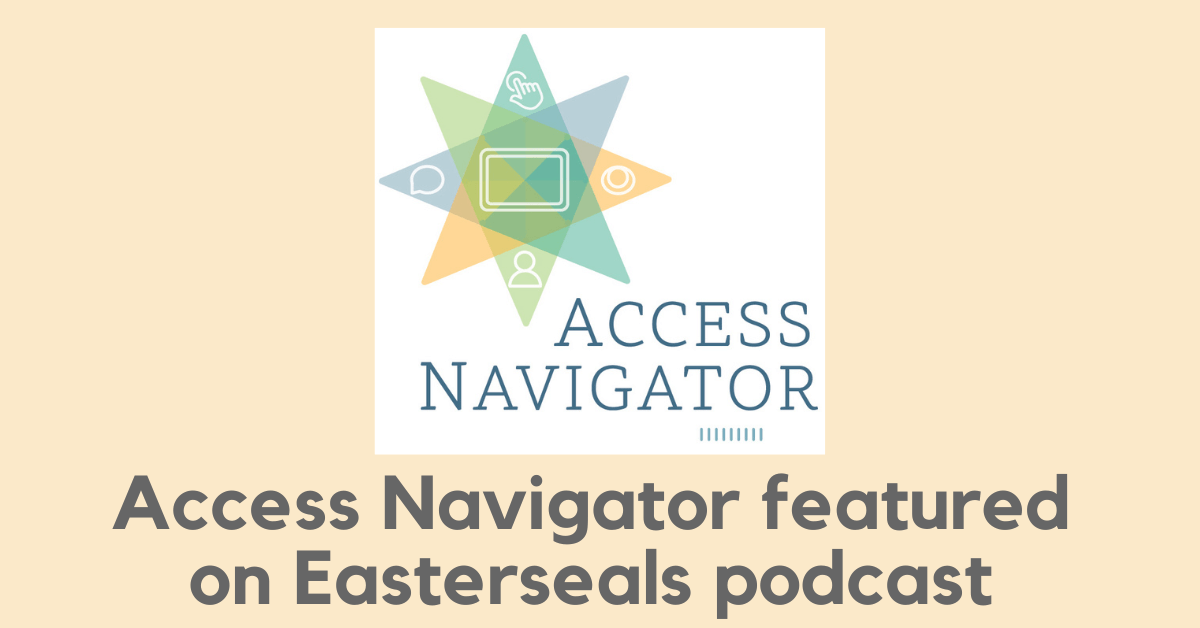Join the RERC on AAC along with practitioners and researchers from the assistive technology community at the ATIA 2025 conference. We’ll present on our AAC projects and look forward to seeing you at the RERC on AAC exhibit booth!

Join the RERC on AAC at our presentations and our booth in the exhibit hall for the ATIA 2025 conference. ATIA 2025 is where the assistive technology community will gather, January 30 – February 1, in Orlando, Florida and virtually! Over the past 25 years, the ATIA conference has been a leading community-building and learning event for all things AT.
Continue reading “ATIA 2025 Conference Preview”





















